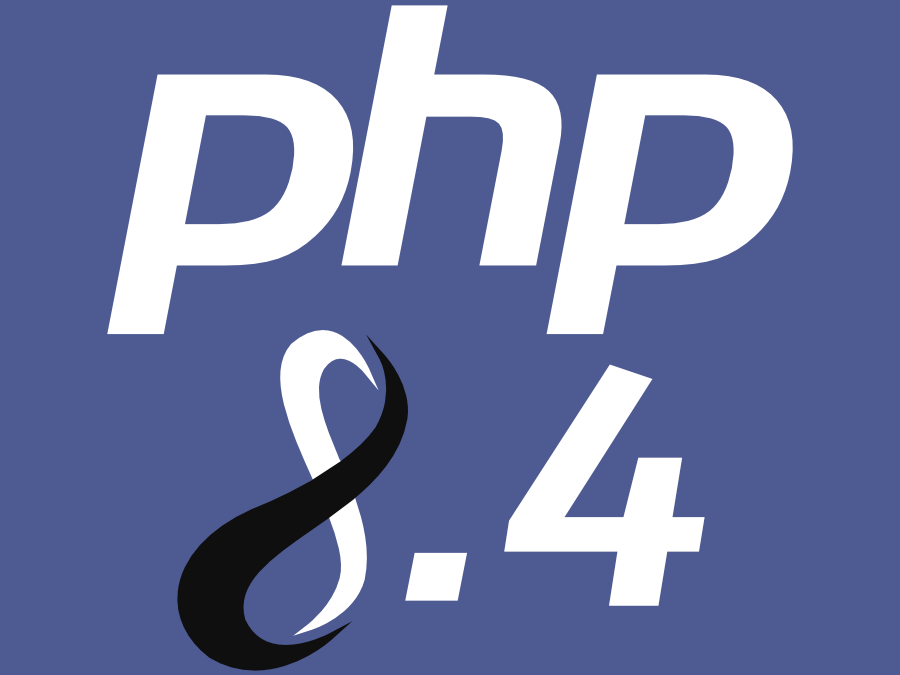
For a while now, WordPress’ minimum PHP version requirement has been set at versions 5.2-5.5.
Back in December 2018, there was a proposal to update the minimum PHP requirement to version 5.6 in April 2019, in order to encourage WordPress users to implement more secure and better-performing versions.
The change in minimum requirements is primarily aimed at users who might not be aware they’re running deprecated versions. Alerts regarding the new requirements will inform less experienced users of the need for a PHP update, which will hopefully lead them to switch to a version that has better security, performance, and support.
Since the change was announced, a lot of people have questioned whether it wouldn’t be better to make a jump to PHP version 7, at the least. After all, 5.6 isn’t exactly a recent release.
To understand why the change needs to be gradual, however, we need to look at some numbers. Statistics show that around 20% of users are still running PHP versions ranging from 5.2 to 5.5, which is not an insignificant figure.
For a while now, WordPress has been pushing users to update our PHP versions, and bumping the minimum requirement is likely to speed up the process. Increasing the requirements slowly should make it easier for users of older versions of PHP to make changes gradually and ensure their sites remain intact.
If things go well, there are already plans in place to bump WordPress’ minimum PHP requirements all the way up to version 7 by December 2019. However, there’s nothing stopping you from upgrading to the latest version of PHP now if you want to.
A PHP version update offers numerous benefits. Those who are currently running older versions and upgrade to meet the new minimum requirements should see improvements in security and performance. They’ll also gain access to additional features and support.
For developers, updates to WordPress’ minimum PHP versions will hopefully mean fewer headaches. For example, plugin developers shouldn’t need to deal with as many support requests from users who are sticking to deprecated versions or having compatibility issues.
If you’ve had clients or users who have insisted on clinging to older PHP versions, you’ll now have a great reason to insist on an update. This will give you access to the wide range of additional development features available in newer versions of PHP, making your job easier (and hopefully more fun!).
Developers who have several sites running outdated versions of PHP – either due to clients’ wishes or because they got a little behind on updates – will have quite a bit of work on their hands before they can reap these benefits. If you’re in this situation, try looking into whether your web host can help you upgrade without much fuss.
How to Upgrade Your Version of PHP
We’ve talked in the past about how to upgrade your version of PHP. Here’s a quick recap:
- Back up your website and upgrade all its components.
- Use a plugin to check your site for compatibility issues with newer versions of PHP.
- Update to the new version.
- Check your site for any unwanted changes related to the update.
In most cases, you can make the switch to newer versions of PHP right from your hosting dashboard, as long as your provider supports your desired version. These days, PHP 7 support is quite common, so we recommend that you skip right to it.



